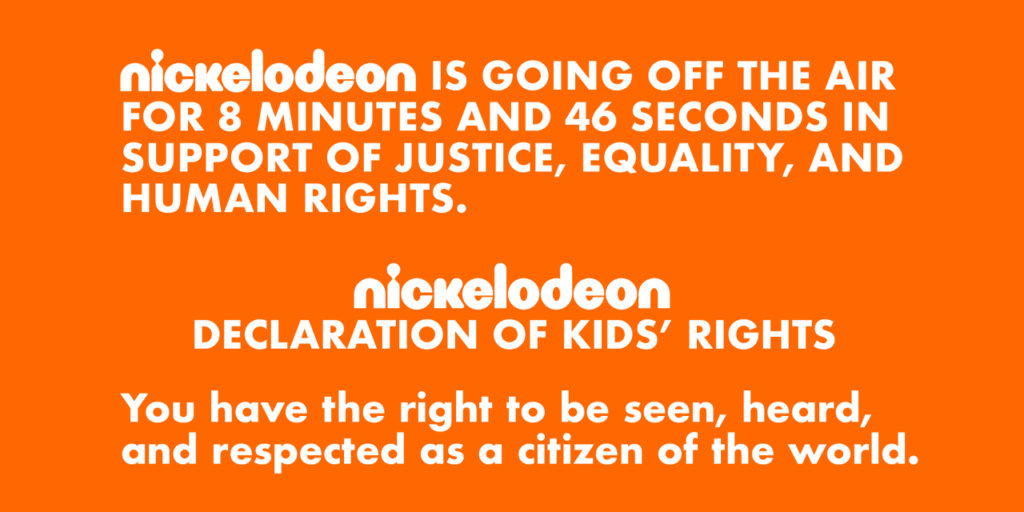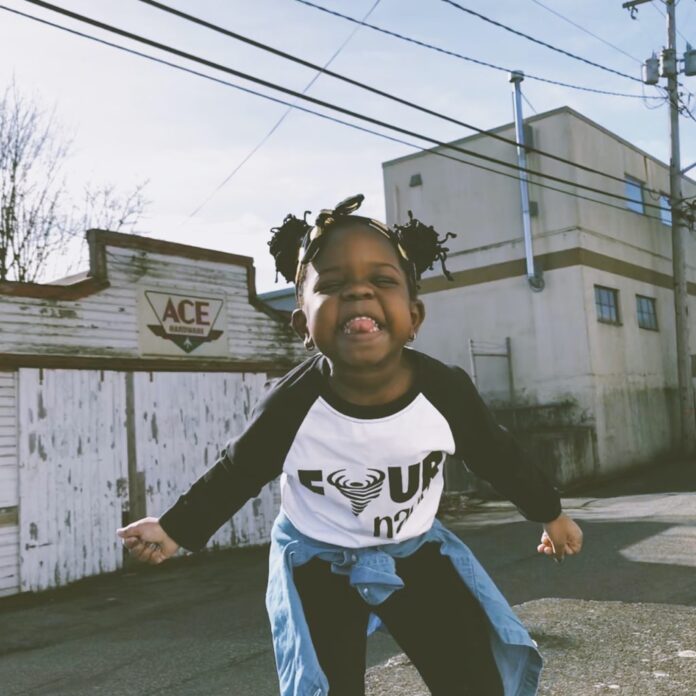by Faith Nwachuku-Taite
This piece was originally published by Plugged, a partner of ATC, on their blog Views From The Revolution. For more writing from and about the global Black community, get plugged in here!
The fight to dismantle white supremacy has been a tiring, tedious, continual battle between BIPOC and whites. It’s sad to say that in 2020, racism is still a thing. Discrimination is a thing. Police brutality against African-Americans is, unfortunately, still a thing.
One of the latest victims of police brutality was George Floyd. An African-American man from Minneapolis, Minnesota who was killed while in custody by police officer Derek Chauvin, who pressed his knee on Floyd’s neck for 8 minutes and 46 seconds until Floyd took his last breath. The news was met with outrage and anger as millions of Americans took to the streets.
In our era of social media, observing the discord and aftermath is easily accessible. I’ve seen people share perspectives and awareness to educate and inform everyone, from adults to children, that police brutality isn’t acceptable and should no longer be normalized.
As I’ve watched people work to educate themselves, I’ve wondered, “How do we talk to our children, Black or white, about racism and police brutality?”
One helpful initiative I saw was from Nickelodeon who, immediately after George Floyd’s death, issued an on-screen “I Can’t Breathe” PSA during their programming. They emphasized the severity of police brutality and racism, which in turn forced families to start having conversations about race in America.

Nickelodeon’s PSA encouraged parents to talk to their children about these issues, helping them understand that in our America people are judged and discriminated against in many ways, due to the color of their skin and race. Parents have been able to take the conversation even further by having their kids accompany them to the Black Lives Matter protests, so that they could see progress in work, while also participating in the fight to end racial inequality and police brutality.
There’s nothing wrong with bringing a young child to see the fight for racial justice, but it’s time we stop the weird glamorization that adults have, when they see Black kids, especially Black girls, protesting.
We’ve all seen it! The cute little dark skin Black girl with little braids marching with all the protestors screaming, “No Justice, No Peace!” Or, another cute little Black girl wearing her little afro puff, standing in front of white police officers, draped in armed militia, while she stares stoically, holding a sign.
These images of “strong” “courageous” Black girls, then go viral, as adults, both Black and white, comment, “She’s so strong!” “I am so proud of her!” “Future leader! She’s so brave!” There are also white children, especially girls, who are captured during these protests in that same manner, and under the comments are, “Good on her parents for educating her!” “See! People aren’t BORN racist, they are TAUGHT!”
Why is it that when a Black child is featured in something like this, the responses are always a “Thank you for your service” type of comment?
It’s as if people want and love to see Black people fighting battles or being frontline soldiers. Furthermore, it reinforces the idea that our society doesn’t want little Black girls to be children.

When we strip away the childhood of Black girls, we reinforce the dehumanization of Black women. We are quick to assign them with the “strong black woman” trope, in which Black women don’t have, nor show, emotions and empathy, or that we aren’t human. This is a sick thing to do to an innocent child, who didn’t ask to be put in this situation, but was born into it.
Dr. Joy Harden Bradford, a psychologist and the host of the Therapy for Black Girls podcast stated in an article written by A. Rochaun Meadows-Fernandez: “As Black parents, I know we are tasked with having conversations with our children that others do not have to have, but it’s also important to have these conversations that are developmentally appropriate.”
If we as Black adults expose young Black children to what is acceptable to us, it could scare them and rob them of their childhood innocence and joy. In a world where white supremacy dehumanizes Black people and robs us of our lives, we must do what we can to shelter our Black children.
We can’t have our kids experiencing such hate when they’re young because it can lead to a myriad of issues, from low-self esteem to feeling angry and inferior as they age. Especially now, where you have cops harming and killing innocent protestors, a protest is the last place our children should be. Instead, we should find new ways to talk to our children about racism. Nickelodeon’s PSA is a good start, but there’s a need for more.
Our babies should be at home, playing with their toys and staying children, until it’s time to grow up. A child is only a child once—it’s on us to preserve their joy and innocence.
This article was published in partnership with Plugged.
Across The Culture works to make popular culture less maddening and more just. If you’re a brand interested in partnering to create such content, send an inquiry to zander@acrosstheculture.com.
